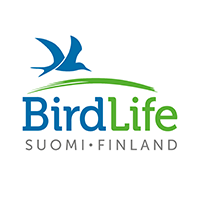Influence of temperature on the timing of spring arrival and duration of migration in Arctic goose species at a central European stopover site
DOI:
https://doi.org/10.51812/of.133927Abstract
Many birds are advancing their migratory phenology and arriving earlier at their spring staging areas in response to climate warming. The duration of the spring migration of geese depends on the interaction between feeding conditions and dates. We studied White-fronted Geese Anser albifrons and Bean Geese Anser fabalis in north-eastern Poland (one of the coldest areas in the country lowlands), where one of the main central European stopover sites for staging geese is the Biebrza Basin White-fronted Goose and Bean Goose first arrival dates (FADs) in north-eastern Poland were negatively related to local mean spring temperature in January–March during 1996–2015, but FADs of both species (median 28 February) neither differed nor advanced significantly. Total numbers of birds in 10-day periods during 2008–2014 were also analysed. The stay duration of both goose species at the Biebrza stopover site (based on 10-day periods during 2008–2014) varied from 5 to 10 10-day periods.Downloads
Published
2018-03-31
Issue
Section
Research articles
How to Cite
Polakowski, M., Kasprzykowski, Z., & Golawski, A. (2018). Influence of temperature on the timing of spring arrival and duration of migration in Arctic goose species at a central European stopover site. Ornis Fennica, 95(1), 32–40. https://doi.org/10.51812/of.133927








